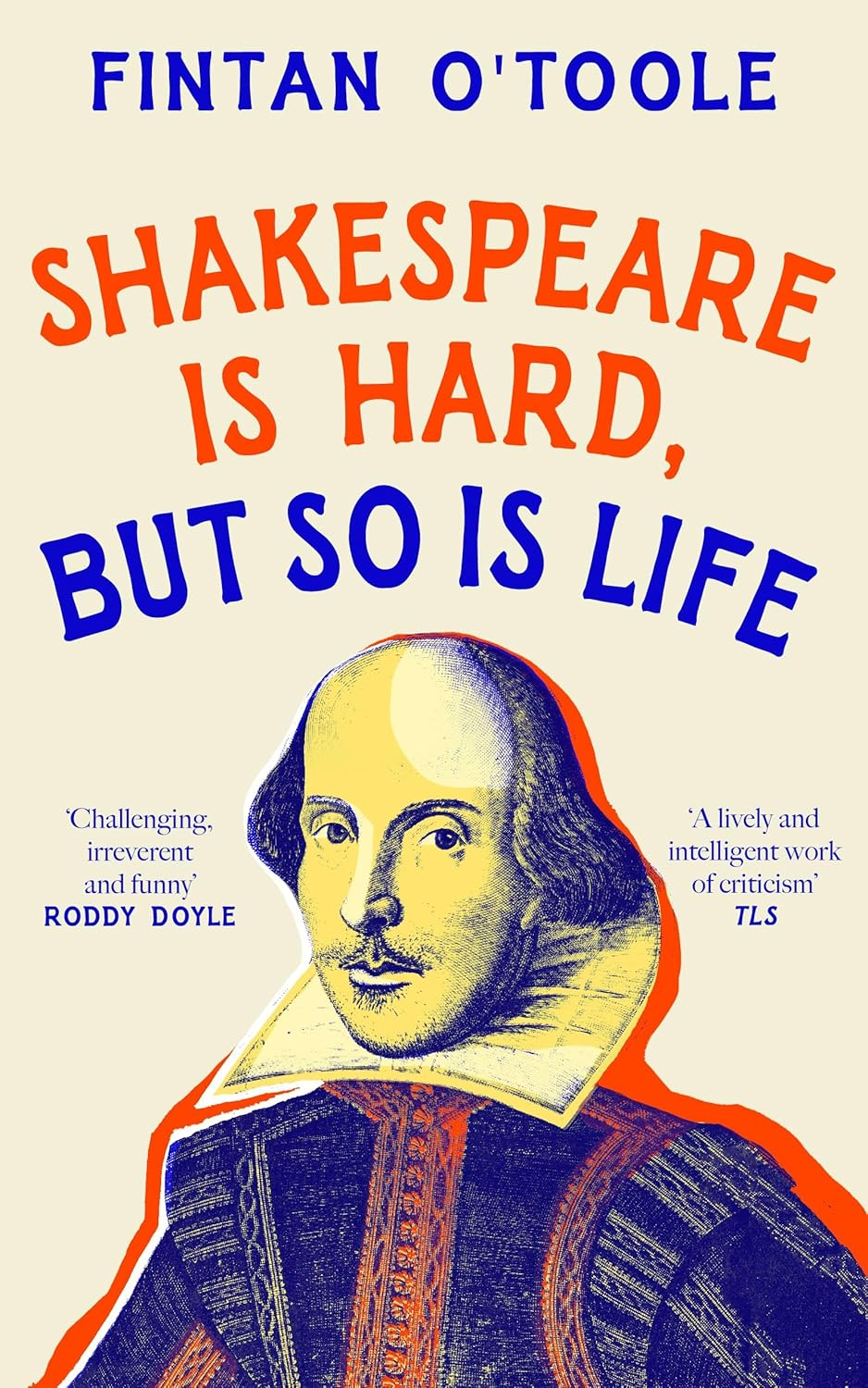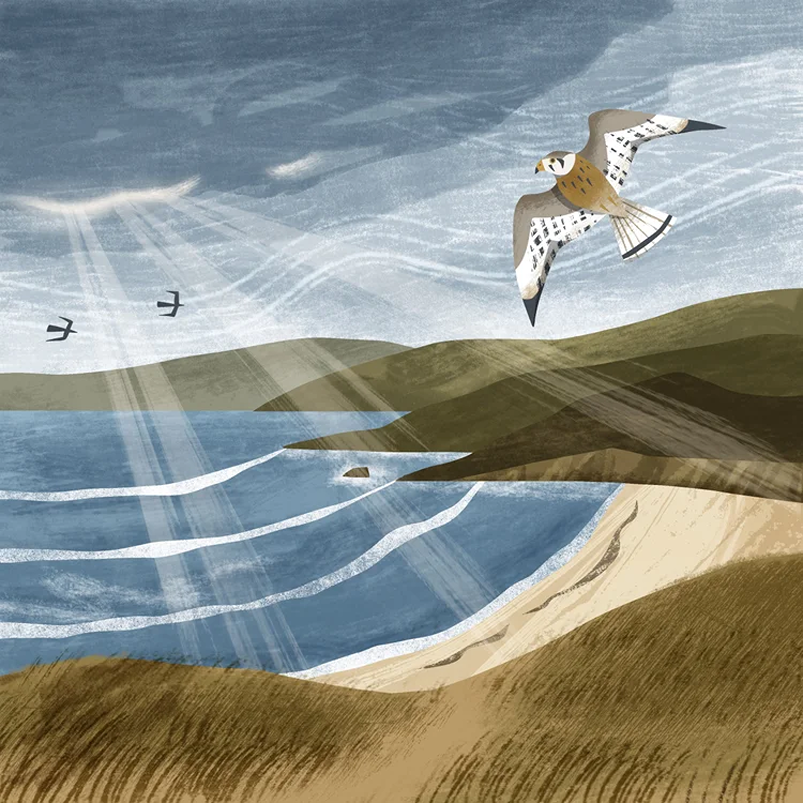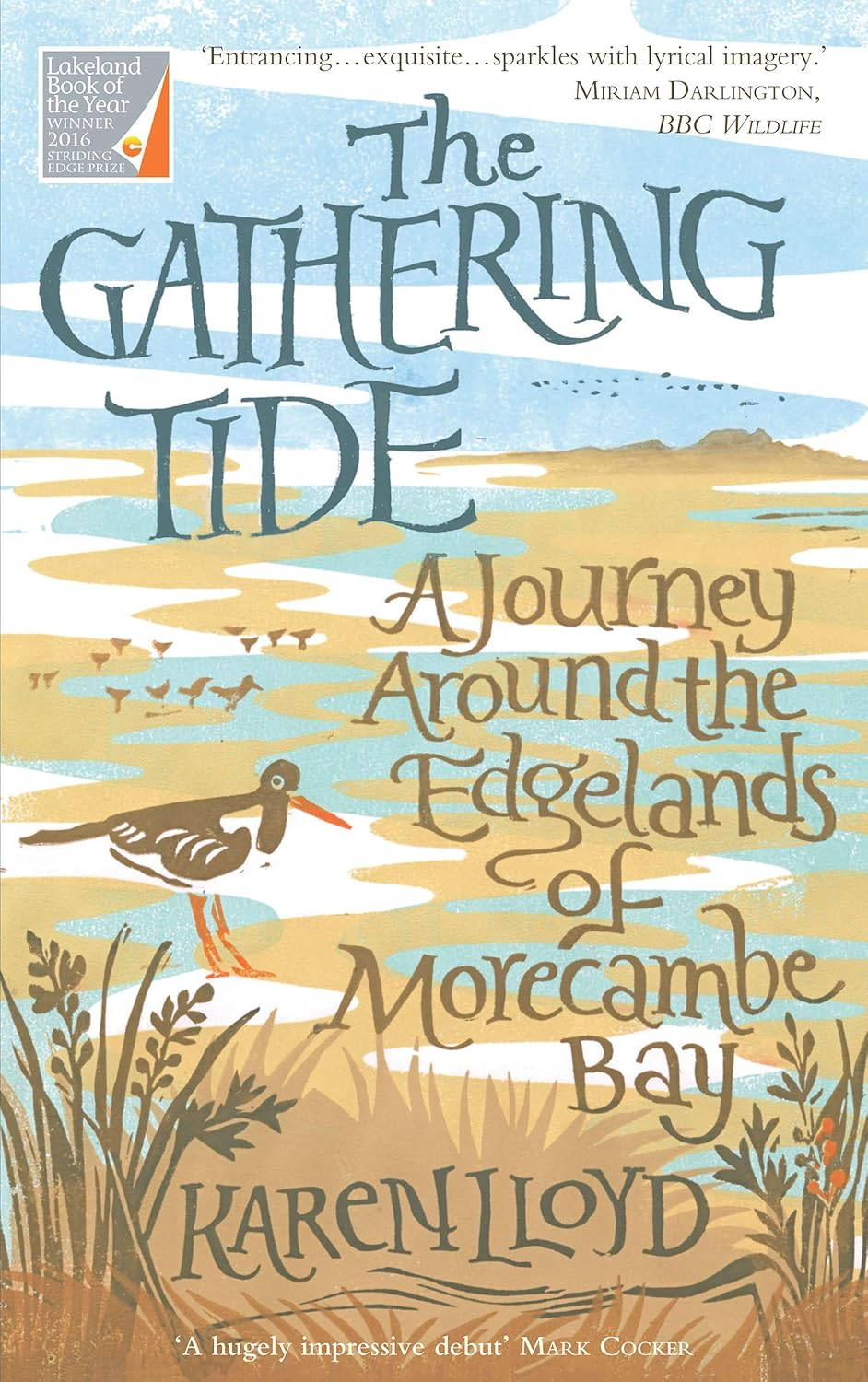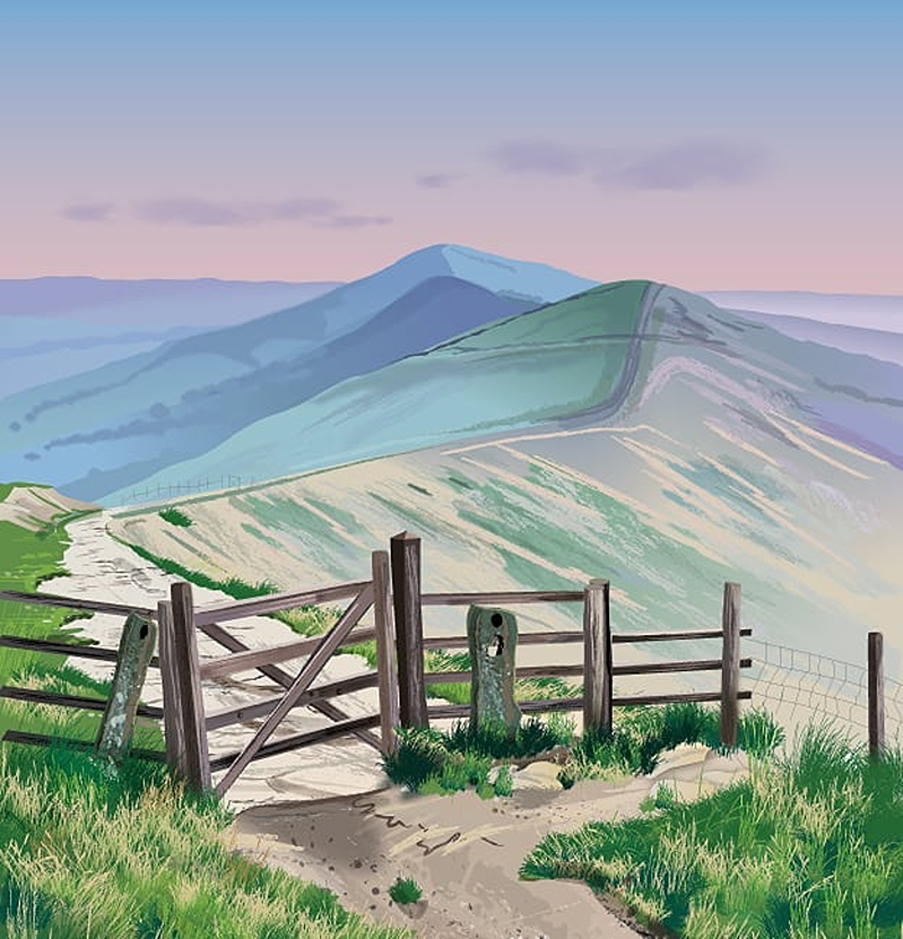A Guide to the County of Warwickshire, Naturally

Warwickshire is one of England’s many land-locked counties, situated in the West Midlands. It’s full of pretty villages and market towns (and historic canals). But of course best known as being the home of William Shakespeare.
If out walking, follow the Countryside Code to keep all creatures safe.
The Birthplace and Home of William Shakespeare

Stratford-upon-Avon is where you’ll find the legacy of one of England’s greatest ever writers. The streets of this town are lined with historic houses (including his own), or take in a play at the Royal Shakespeare Theatre.
Shakespeare was a wealthy property developer (with left-wing political views). All his relatives died with no children, so he has no direct descents.
Shakespeare Birthplace Trust refutes that others wrote some of his plays (some believe Edward de Vere wrote them).

The Illustrated William Shakespeare offers 25 of his most beloved poems alongside stunning colour collage artwork, if you feel that you should read Shakespeare, but want some easy bedtime reading!
Germaine Greer is not a fan of ‘exploitation of the Bard’, saying that millions of ‘pilgrims’ now spend £7 to struggle up the stairs of Anne Hathaway’s Cottage (not a cottage, and it never belonged to her). And William would be appalled at the fast food chains and over-priced sandwich bars.
Like Bath, London and the Lake District, Stratford-upon-Avon is now suffering from so-called ‘over-tourism’. Where people often visit en-mass to buy over-priced tourist rubbish, take a few selfies and return home. Contributing almost nothing to local heritage or economies.
The town is now so commercial, that apparently China is soon to build its own version (just like Las Vegas builds tacky replicas).
People Need to Find Other Things to Worry About
It seems like political correctness has also gone a bit mad here. Following media criticism that to call Shakespeare ‘the greatest living writer’, is ‘white supremacy’, seminars are now being held?
As noted above, he was a ‘radical leftie’, people only need to read his life story and work. In 1833, black actor Ira Aldridge played Othello on the London stage, and since then it’s rare for a white actor to play him.
This mirrors some who criticised the author of the Paddington Bear books, because he came from ‘darkest Peru’. In fact, Michael Bond was inspired to write his tales of the polite kind bear, after his own family would shelter refugees in the war.
His notion for creating the books, was to foster compassion and acceptance for people from abroad. Paddington Bear was the original illegal immigrant! What would Nigel Farage say?
Nuneaton, Warwickshire (birthplace of Larry Grayson)
Also the birthplace of writer George Eliot, the friendly town of Nuneaton in Warwickshire, is best-known for being the birthplace of Larry Grayson, one of England’s most beloved entertainers, who despite his success, loved it here so much that he never left.
Nuneaton (the name is from a 12th century Benedictine nunnery) has a market that has been there since 1247. Local residents are concerned that a new housing development could impact the water quality at a local stream from run-off, as it recently found endangered water voles nearby.
Labour government plans are to rip up local planning laws, to build more homes (although it’s possible to do this, without affecting wildlife if they consult with ecological planning experts).
Larry was born to a single mother, who who handed him in a blanket to a local family (they all remained close friends, he lived with his sister until his death). His phrase ‘shut that door’ arose from when he first did stand-up, and a stage door kept flying open!
It is important to be happy and enjoy what you are doing, without the sole aim of becoming a star. Setting out only to be a star, can lead to misery. If someone is meant to become a star, it will happen naturally. Larry
Isla St Clair (not impressed by reality TV)
Many people loved The Generation Game TV series a few decades ago, presented by Larry and his beautiful co-star Isla St Clair. She was a Scottish folk singer (still is! – listen to beautiful songs at her site for free).
Like many, she is not impressed with reality TV. She writes that people long for a light entertainment show that ‘doesn’t involve eating worms or awful revelations that should be kept indoors’.
A view shared by TV wildlife presenter Chris Packham. He recently wrote an open letter to Ant and Dec, asking them to not promote a show where native creatures are scared (or eaten) for ‘entertainment’.
Each year, Ofcom receives thousands of complaints about the ‘I’m a Celebrity’ show, which disrupts local ecosystems (these are creature that in nature, would be food for other creatures).
The programs also sends the message that insects are of no value. In fact, insects vital to ecosystems (and likely more important species than us!)





